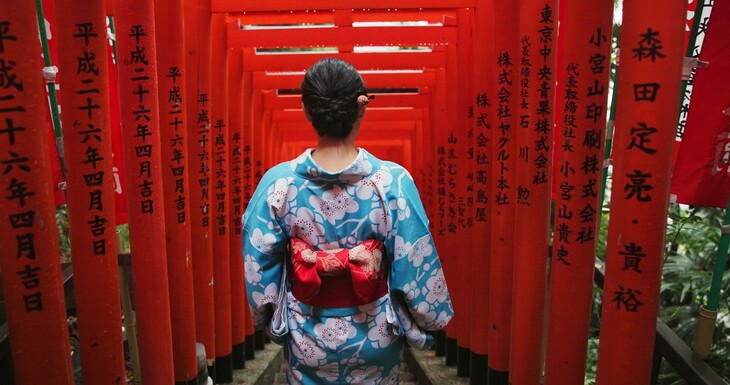Source: Iberia

- In 2026, Iberia will offer over 108,000 seats on this direct route between Madrid and Tokyo
- The connection contributes nearly €100 million to the GDP of both countries and will generate around 1,900 direct and indirect jobs
- Since the launch of the route, nearly 10,000 kilos of Japanese rice have been loaded for in-flight menus, averaging 187 kilos per week
It has been one year since Iberia inaugurated its direct route between Madrid and Tokyo—the longest in its entire network: 14 hours flying to Japan and 16 hours on the return, always heading east. Passengers who complete the round trip effectively circumnavigate the globe, flying over Alaska, Greenland, and passing close to the North Pole. With three weekly frequencies operated by its most advanced aircraft, the Airbus A350, this connection has strengthened Iberia’s role as a strategic bridge between Europe and Asia, significantly contributing to tourism and bilateral relations between Spain and Japan.
In 2026, Iberia will offer more than 108,000 seats on this route, which contributes nearly €100 million to the GDP of Spain and Japan and is expected to generate around 1,900 direct and indirect jobs.
Three weekly flights
Iberia operates three weekly flights between Madrid and Tokyo using Airbus A350 aircraft, which accommodate 348 passengers across Business, Premium Economy, and Economy cabins:
| Flight No. | Route | Operating Days | Departure Time | Arrival Time |
|---|---|---|---|---|
| IB281 | Madrid-Tokyo | Thursdays, Saturdays, Sundays | 11:55 AM | 10:55 AM (+1) |
| IB282 | Tokyo-Madrid | Mondays, Fridays, Sundays | 11:45 AM | 07:45 PM |
A tailored experience for Japanese travelers
Since the launch of the route, Iberia has adapted its onboard service to meet the preferences of Japanese travelers, known for their high spending and demand for authenticity and quality. In Business class, passengers receive pajamas and slippers for added comfort, and the menu includes rice on demand, soy sauce, Japanese green tea, and a wide selection of Japanese snacks. Each week, 187 kilos of Japanese rice are loaded, totaling nearly 10,000 kilos since the route began.
Boosting tourism and bilateral relations
Japan has become one of the most dynamic markets for Spanish tourism. According to Turespaña, Spain ranks second among European destinations in travel intent for Japanese tourists, and third in overall consideration. Madrid, in particular, has seen a 10% increase in bookings from Japan, driven by this direct connection and the city’s growing appeal as a cultural and business hub.
“This route is not just an air connection; it’s a strategic commitment to strengthening ties between two countries with cultural and economic affinities. At Iberia, we aim to continue promoting quality tourism and showcasing the best of Spain in Japan. We want to highlight Madrid’s potential as a gateway to Spain, the rest of Europe, and Latin America—connecting both sides of the world,” said María Jesús López Solás, Chief Commercial, Network, and Alliances Officer at Iberia.
